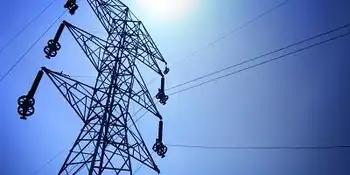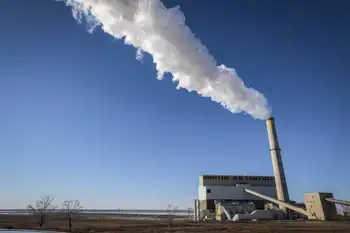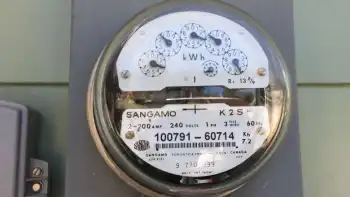$87 million allocated for solar technologies
Of this funding, $50 million comes from the American Recovery and Reinvestment Act. The 47 projects with universities, electric power utilities, DOEÂ’s National Laboratories, and local governments have been selected to support use of solar technologies in U.S. cities, help address technical challenges, ensure reliable connectivity with the electrical grid, and train a new generation of solar workers to install and maintain solar energy systems.
These projects will help speed adoption of solar energy nationwide, while supporting development of a skilled workforce, and continuing to pursue new scientific breakthroughs to increase the efficiency and lower the cost of solar technologies.
“Today’s awards are among the many investments made to create new jobs and a clean energy future with solar power. The projects will help accelerate the use of solar energy by residents, businesses and communities, and promote the long-term viability of solar energy by investing in the technologies of the future” said Secretary Chu. “I applaud each of these award winners who are vital to moving our country towards a sustainable solar infrastructure.”
The selected projects will help accelerate the commercialization of solar technologies in an effort to achieve cost-competitive solar electricity by 2015, in addition to developing advanced solar technologies for the future. Projects focus on both technology improvements and the elimination of market barriers to help make solar electricity accessible to a wide variety of consumers.
The projects selected for negotiation of awards are in four categories:
• High Penetration Solar Deployment. Seven projects will model, test, and evaluate the impact of large amounts of photovoltaic (PV) electricity on the reliability and stability of the electric power system. These projects will help pave the way for broader adoption and growth of grid-tied solar energy systems by improving understanding of the impact of PV electricity on the grid.
• Solar America Cities Special Projects. As the load centers of energy use across the nation, cities play a strategic role in accelerating solar technology adoption at the local level. Sixteen cities have been selected for projects that will address specific barriers to solar adoption in urban settings and support innovative approaches that can be widely replicated. Many cities will use this funding for multiple efforts.
• Solar Installer Training. Nine colleges, universities, and local organizations have been selected to lead regional solar installation “train-the-trainer” programs. The projects will support a national ramp-up and coordinated network of training programs. This funding will help address the critical needs for qualified solar energy system installers.
• Research projects at DOE National Laboratories. Fifteen projects at DOE National Laboratories will seek to improve technologies, devices and processes for both the PV and Concentrating Solar Power (CSP) industry. PV projects focus on development of next generation devices and processes, as well as supply chain technologies for the entire PV system. CSP projects focus on improved energy storage technologies to enable consistent and reliable energy generation.
Related News

Funding Approved for Bruce C Project Exploration
ONTARIO - Canada's clean energy landscape received a significant boost recently with the announcement of federal funding for the Bruce Power's Bruce C Project. Natural Resources Canada (NRCan) pledged up to $50 million to support pre-development work for this potential new nuclear build on the Bruce Power site. This collaboration between federal and provincial governments signifies a shared commitment to a cleaner energy future for Ontario and Canada.
The Bruce C Project, if it comes to fruition, has the potential to be a significant addition to Ontario's clean energy grid. The project envisions constructing new nuclear reactors at the existing…




